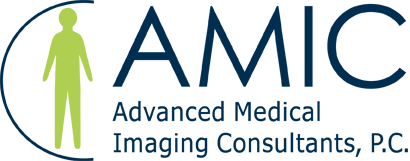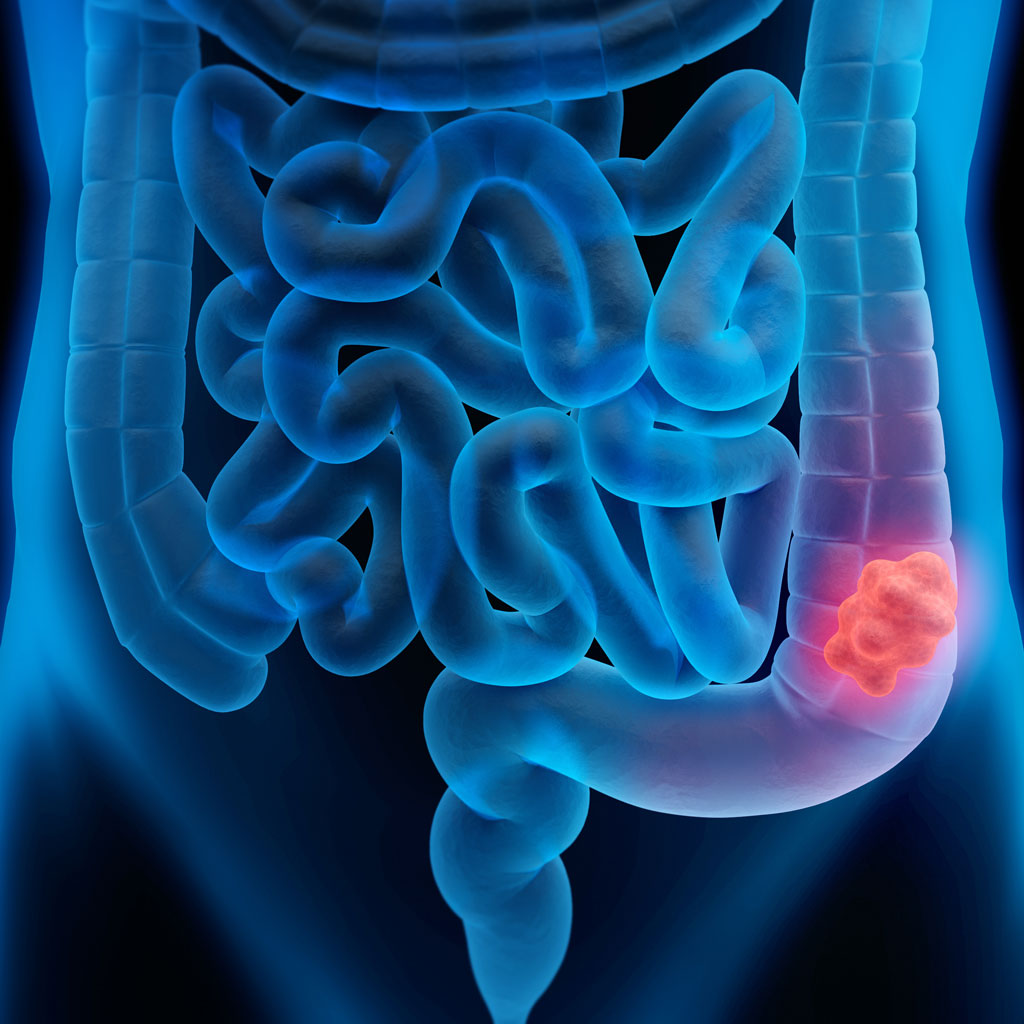According to the American Cancer Society “about 106,590 new cases of colon cancer, and 46,220 deaths from colon cancer occurred in 2024.” Thankfully, the rates of diagnoses have been declining since the mid-1980s due to early screenings and lifestyle changes. This downward trend is happening mainly in older adults though, and cases of colon cancer in people younger than 55 have been increasing by 1-2% a year since the mid-1990s.
Early detection through regular screening can significantly reduce the risk of developing an advanced form of the disease. Recent updates to colon cancer screening guidelines aim to improve outcomes by encouraging timely and effective testing. Here’s what you need to know.
What Causes Colon Cancer?
Colon cancer is a growth of cells that begins in a part of the large intestine called the colon, the longest part of the intestinal tract. Colon cancer usually begins as polyps, which are small clumps of cells in the colon. While not normally cancerous, the polyps can become cancerous over time. This is why early screening is essential for detecting and monitoring the polyps before they become cancerous.
Colon Cancer Screening Guidelines
Leading health organizations like the American Cancer Society (ACS) and the U.S. Preventive Services Task Force (USPSTF) now recommend starting colon cancer screening at age 45 for individuals at average risk. Those with higher risk factors, such as a family history of colon cancer or genetic predispositions, may need to start earlier.
Screening Methods
There are several screening options available:
- Colonoscopy: The gold standard, performed every 10 years if no abnormalities are found.
- Stool-based tests: These include the fecal immunochemical test (FIT) or multi-targeted stool DNA tests (e.g., Cologuard), typically done annually or every 1-3 years.
- CT colonography: A less invasive imaging test, done every 5 years.
- Flexible sigmoidoscopy: Examines only part of the colon, recommended every 5 years.
Advanced Medical Imaging Consultants offers CT colonoscopy, which is a less invasive test to detect the polyps within the colon that can lead to colon cancer. It requires no anesthesia and you can return to normal activities right after the test.
Benefits of Early Screening
Early screening is a lifesaving tool. When colon cancer is detected early, the 5-year survival rate is over 90%. Even better, screening can prevent cancer altogether by identifying and removing polyps before they become cancerous.
Research shows widespread screening has led to a significant decline in colon cancer deaths. However, many people delay testing due to fear, misconceptions, or lack of awareness. Understanding your options, your unique risk factors, and the simplicity of most procedures can make taking the first step easier.
Advanced Medical Imaging Consultants services many locations that offer diagnostic imaging. Contact the location most convenient to you to schedule this important screening.

